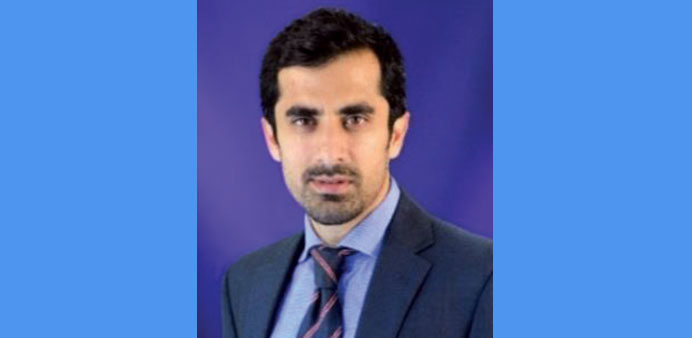By Adeel Mushtaq
There is a consensus that insurance penetration is low in the Mena (Middle East and North Africa) region and in particular Qatar, offering excellent opportunities for growth in the sector. Takaful companies are well placed to seize these opportunities, given many potential customers chose not to take out insurance for reasons including religious or ethical beliefs, general awareness or affordability.
Fast-paced economic growth in Qatar is supporting the takaful sector along with a keenness from policy makers to support a vibrant and sustainable insurance market. At the same time, we also observe that, most of the mainstream takaful and retakaful companies in the region are currently undervalued compared to other sectors of the economy, despite high market expectations on the emergence of takaful.
Year 2015 continues to hold high hopes for takaful in Qatar and promises increased market penetration, with personal lines expecting to benefit most. However, sector executives appear not to be optimistic, with the Qatar Financial Centre’ Mena Insurance Barometer reporting that only 21% of participants expect the takaful segment to outgrow total insurance premiums in the next twelve months in 2015 same as in 2014, but compared with 32% in 2013.
The fundamental reason for the emergence of takaful, or Islamic insurance, across the GCC (Gulf Co-operation Council) has been customer demand for Shariah-compliant or ethical insurance products. Customers have been the major driving force, however, the industry has shifted focus to a more product-centric approach. This has left customers unable to distinguish takaful from conventional insurance products, leading to price sensitive competition between takaful and traditional insurers.
I believe, now is the right time for takaful companies in Qatar and the wider GCC region to revisit their growth strategies and invest in research and talent development, bringing in much needed creativity whilst adhering to Shariah principles.
Global regulatory reforms across the financial services sector are continuing, including in Qatar and the wider GCC region. There are a number of important insurance initiatives in progress including:
n International Association of Insurance Supervisors (IAIS) Insurance Core Principles (ICPs)
n Insurance contract project of the International Accounting Standards Board (IASB)
n Review of takaful accounting standards of Accounting and Auditing Organisation for Islamic Financial Institutions (AAOIFI).
As insurance supervisors in GCC countries begin to examine how best they introduce the new IAIS/ICPs requirements, a growing strategic challenge for insurers is how best to accommodate compliance and reporting requirements and extracting value.
The region’s insurance firms (including takaful companies) are going to face continued regulatory pressures over the next few years. In my view, the new Qatar Central Bank (QCB) insurance law is an important step in advancing and strengthening the regulatory and supervisory framework in Qatar. This will not only enhance the scope of regulations and financial stability but also increase coordination and knowledge sharing between regulatory and supervisory bodies in Qatar. This is particularly important as the new global regulatory and accounting reforms for insurers continue at an unrelenting pace. Takaful and the wider insurance sector in Qatar should plan ahead, as companies who are prepared for the changes will be better placed to benefit.
Looking beyond the immediate market environment and customer needs, takaful and retakaful companies also need to consider what factors will drive their future strategies and how these drivers could alter their business model. This is essential to avoid loss of capital and becoming marginalised.
* Adeel Mushtaq is director within KPMG Assurance and Advisory Services. He manages KPMG’s AAOIFI technical team, developing AAOIFI takaful standards. He can be contacted on [email protected]. The views expressed are personal.

